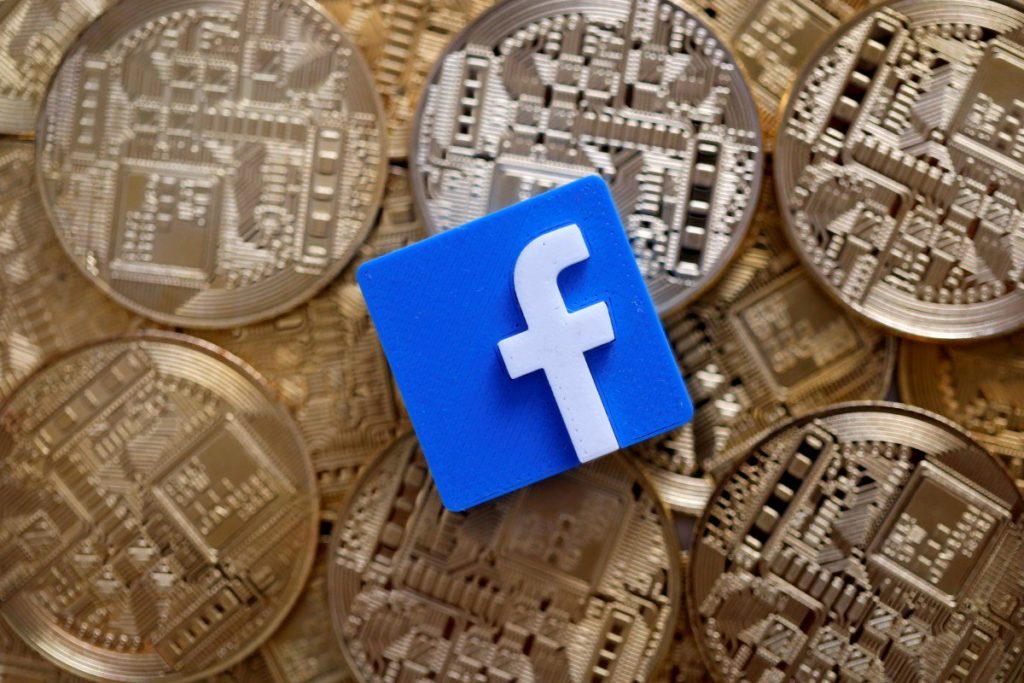
These days, Facebook is one of the most powerful companies in the world and this is the reason that many people have taken a special interest in the development of its newest social media products. At its core, Facebook’s Libra offering has been designed to make consumer transactions easier and to install a greater level of security for those that might be interested in conducting cryptocurrency transactions. As reported by Ask Traders, Facebook has also released comments indicating personal data from users will not be stored on the Libra platform.
Recently, however, the U.S. government has put pressure on Facebook to slow (or even stop) the development of its Libra products. Whether or not this will actually occur remains to be seen. Thus far, we have not seen any convincing comments from the top executives at Facebook which suggest that a cessation of this product development is likely to occur. In other words, it appears relatively clear that Facebook plans to press forward with its plans to continue developing its Libra products and to make them available to global users on its Facebook social networking platform.

Could the Government Start Breaking Up Facebook?
Other popular business people have actually suggested that Facebook has grown into a monopoly and should be broken up into smaller pieces. Famous business participants such as Mark Cuban and even some of the earliest founders of Facebook have advocated for this eventual option. A development of this type would be significant for a wide number of reasons.
First, it could be catastrophic for the market value of the company itself. This is because it would primarily create new competition for the company and limit prospects for its number of active daily and monthly users. This is a critical metric for the company as it helps to determine the overall popularity of its broader product lines.
Some analysts have argued that Facebook’s product lines are inevitably doomed to failure because of the speed with which the company ascended in the public view. Remember, when Facebook began its ascension in the world of social media, there were several other players in the business that were relatively similar in their total product offerings. Names like Myspace and Friendster quickly come to mind, so it will be up to Facebook’s upper management to decide whether or not the same fate is likely to follow the company.

Others have argued that the world of digital social media is now very different than it was during the time of these other failed companies. If this is really true, it could be supportive of Facebook’s coming product line in the long term. However, there could still be potential product line disruptions if Facebook is forced to separate parts of its services and to create different company entities. Ultimately, this could put pressure on the ability of Facebook to proceed with its current development plans because there would be a significant aspect of uncertainty entered into the equation.
In any event, it will be interesting to see where all of these potential developments travel during the next year. The company could be at a major crossroad in terms of where it is headed with its specific product lines as there is a wide range of divergences which can occur for its future. Facebook will need to plan its approach in an efficient manner so that the right steps are taken.
If this is not conducted in an efficient manner, Facebook could ultimately follow the same route as many of its predecessors in the world of social media. All of these events will be important for consumers and analysts focused on the world’s biggest tech companies, so the next year will be particularly important for Facebook’s developing product lines.














